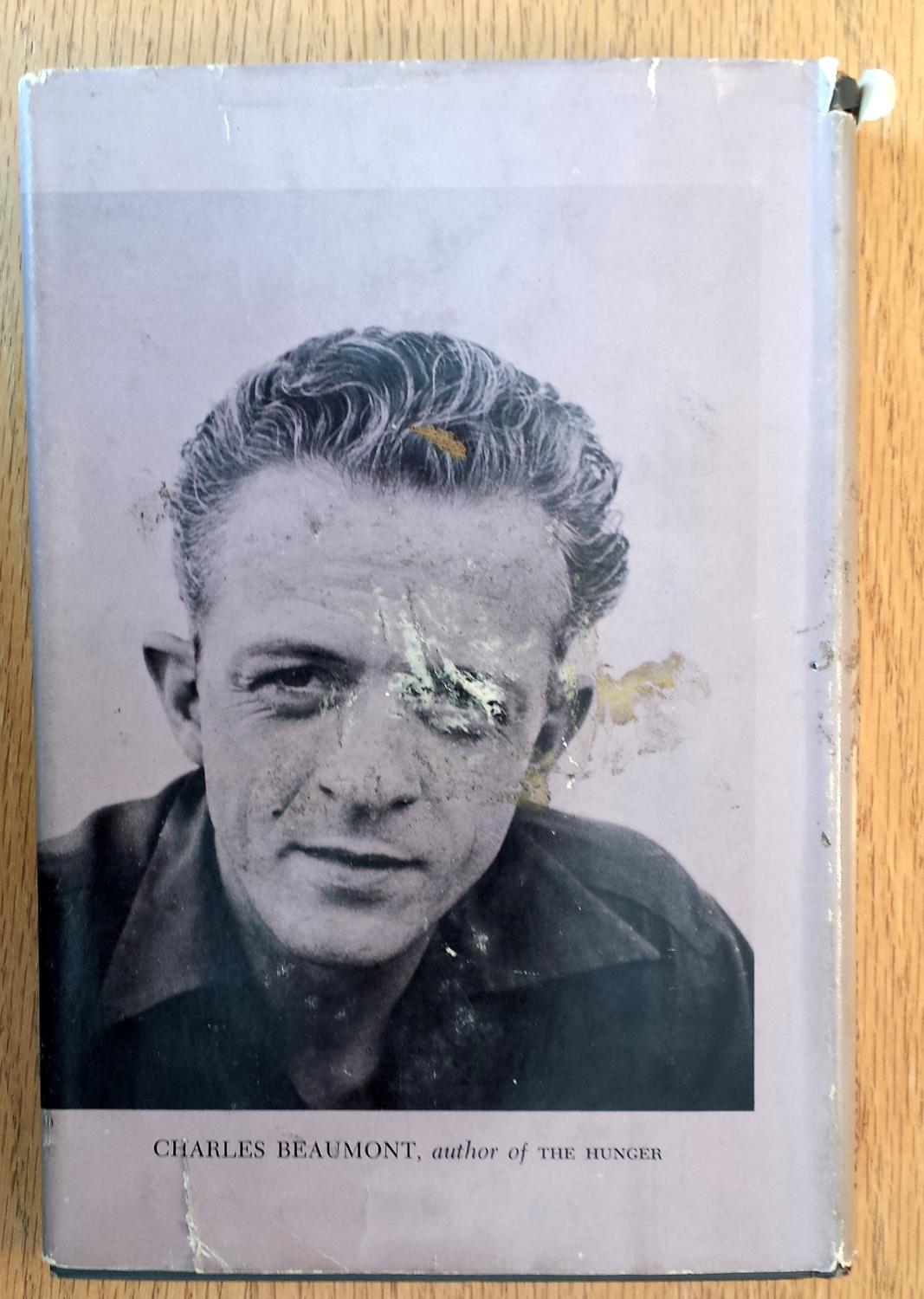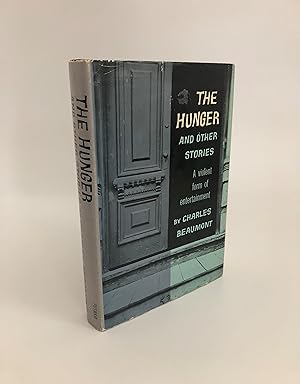

It was an ok story that mimicked the writing style of Franz Kafka.Ī group of people gather in a clearing and report on their search efforts. Here, the emphasis is more on age than social standing as the man approaches 50 with his dreams unfulfilled. This was the subtext behind Richard Matheson’s The Shrinking Man. As the postwar boom raged and companies became larger and larger, the worker began to feel smaller and smaller. But then, he decides to fulfill a childhood ambition.īeaumont relies on an often employed subtext of the 1950s – that of the diminished stature of the working person – mostly male clerical workers. Store clerks don’t notice him and neither does his family. Minchell, an accounting clerk at a big city agency, notices that nobody notices him. But, what makes the reading worthwhile is not always the tale itself, but the teller and how he tells it and Beaumont tells this trite little tale quite wonderfully.

The main character – the boy with mommy issues – is used over and over again in horror fiction. Robert, however, has to take matters into his own hands. The gardener leaves, promising to return with the authorities. He is enraged when he learns the truth about his gender from the gardener. Young Robert is raised by his harsh and demanding mother to believe he is a girl.

Miss Gentibelle (introduced by Ray Bradbury)


 0 kommentar(er)
0 kommentar(er)
